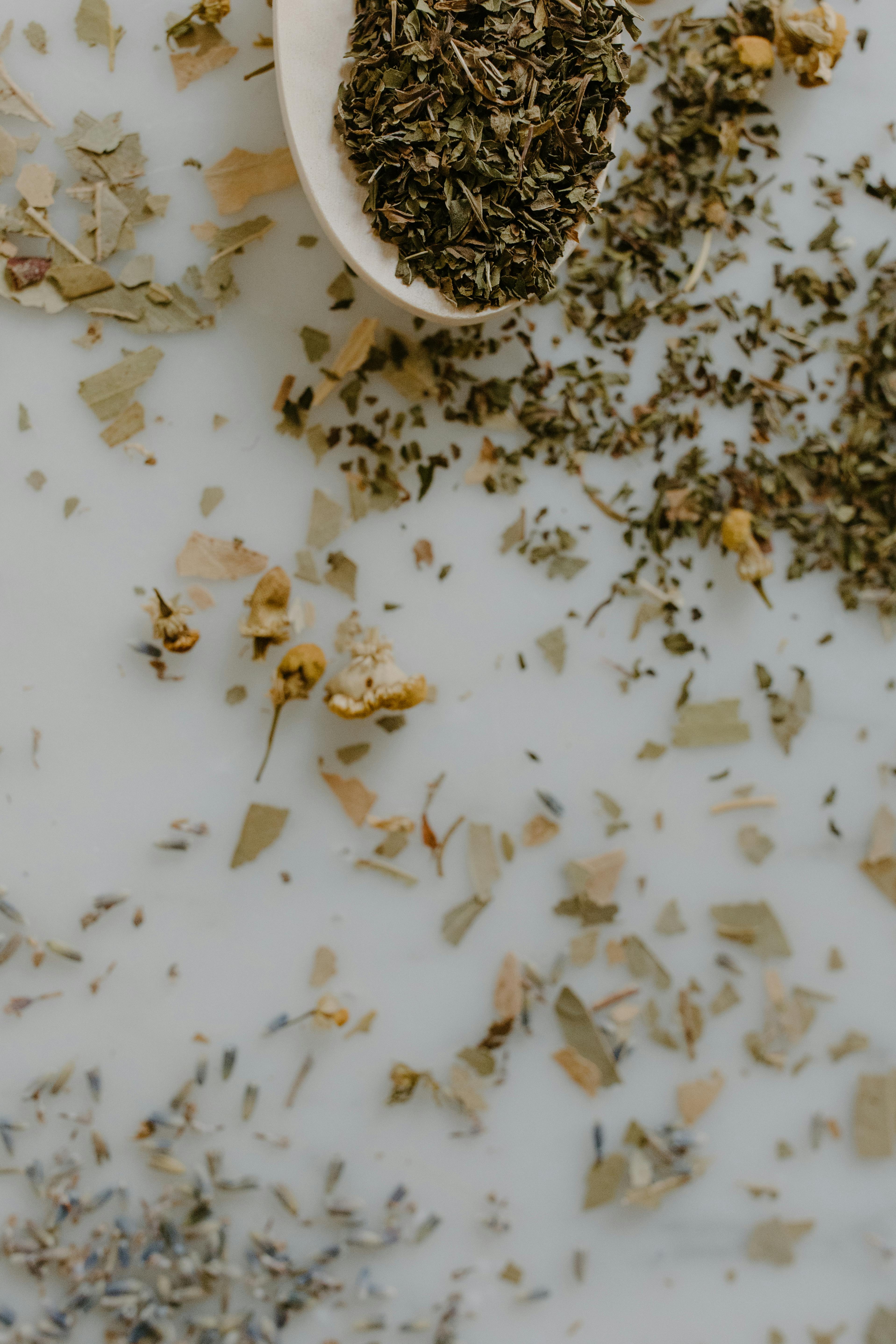
Essential Guide to How to Wash Shower Curtain for a Fresh Bathroom in 2025
Keeping your bathroom fresh and hygienic is essential, and one key component is ensuring your shower curtain is clean. In this guide, we will explore how to wash shower curtain effectively, different materials' care options, and offer tips for maintaining a fresh and clean space. Whether you have a fabric or plastic curtain, this comprehensive article will address shower curtain care in the most effective way.
Understanding Different Shower Curtain Materials
Before diving into the specifics of washing your curtain, it's crucial to understand the various materials that shower curtains are made of. The two main types are fabric and plastic. Fabric curtains often made from polyester or cotton require different shower curtain cleaning techniques compared to their plastic counterparts. For example, polyester is more resistant to mildew and can usually be washed in a machine. In contrast, plastic curtains often need more careful handling to avoid tearing.
Washing Plastic Shower Curtains
When it comes to washing plastic shower curtain, the best approach is to do it by hand. Start with warm, soapy water using a mild detergent or a mixture of vinegar and baking soda to tackle tough stains. This method helps to avoid damage and keeps the curtain intact. Always ensure that you rinse thoroughly to remove any soap residue that can cause stickiness.
Caring for Fabric Shower Curtains
For fabric curtains, the best way to wash shower curtain involves using a washing machine. Check the care label for washing instructions, as some fabrics may require hand wash shower curtain instead of machine washing. Use cool water and a gentle cycle with your choice of detergent for shower curtain. Adding towels to the wash can help to maintain the curtain's shape and absorb extra water. Make it a habit to wash your fabric shower curtain every month or two to maintain hygiene and eliminate odors.
Removing Stains and Mold
Mold and mildew can be persistent problems on shower curtains. To remove mold from shower curtain, create a paste of baking soda and water, apply it directly to the affected area, and allow it to sit for a few hours before rinsing off. Alternatively, using diluted bleach mixed with water can also effectively tackle stubborn stains, although you'll want to ensure this method aligns with the fabric type. Regular cleaning and immediate treatment of stains can prevent more severe buildup, ensuring your curtain remains looking fresh.
Best Practices for Shower Curtain Maintenance
Maintaining your shower curtain extends beyond just washing it. Effective shower curtain hygiene practices play a vital role in your bathroom’s overall cleanliness. Regular maintenance includes checking for any signs of wear and tear, replacing older curtains, or giving them a deep clean periodically to keep them functioning well. Here are some essential care tips to keep in mind.
Regular Cleaning Routines
Developing a cleaning routine for your shower curtain helps maintain its freshness. Ideally, you should wash your curtain every month. If you notice any signs of mildew on shower curtain sections, those areas should be addressed immediately with appropriate cleaning methods. A simple spritz of vinegar and water can help manage buildup between washes, keeping your curtain looking new.
Drying Techniques for Shower Curtains
After you’ve thoroughly cleaned the curtain, drying is the next crucial step. If you machine wash your shower curtain, either follow the washing instructions for shower curtains related to drying or allow it to air-dry completely. Drying outside can also help eliminate bacteria and keep it fresh. Avoid using high heat as it can warp plastic curtains and damage fabric ones.
Preventing Soap Scum and Water Stains
To combat soap scum and water stains, which can lead to a dusty appearance, consider incorporating preventive measures like regularly using a squeegee or towel after use. Regular cleaning minimizes the need for heavy-duty scrubbing later. For enhanced results, create a solution of water and vinegar in a spray bottle and use this regularly to keep your curtain residue-free.
Quick and Effective Shower Curtain Cleaning Tips
In addition to comprehensive washing and maintenance practices, consider incorporating some quick cleaning hacks that can save you time while keeping your shower curtain clean and fresh. Here are some essential shower curtain cleaning tips to divulge.
Using Natural Cleaning Solutions
For those looking for eco-friendly options, natural remedies such as vinegar and baking soda are excellent choices. Vinegar is particularly effective for disinfecting and deodorizing. Mix equal parts of vinegar and water in a spray bottle, and apply it weekly to tackle bacteria and other contaminants. Vinegar for shower curtain cleaning not only fights mold but also helps in maintaining color vibrancy in colored shower curtains.
Optimal Cleaning Products for Shower Curtains
When preferring a commercial product, look for best cleaning products for shower curtains that list eco-friendly ingredients. Products designed specifically for mildew and mold removal can save you time and effort. Always check the fabric type and adhere to the instructions provided to avoid damaging your curtain.
Investing in Washable Shower Curtains
Look for curtains labeled as ‘washable’ and check their care labels before purchase. Investing in washable shower curtains provides peace of mind, knowing that proper care is easy. These varieties are not only convenient but contribute to maintaining cleanliness in a busy bathroom environment.
Key Takeaways
- Regular washing and proper care can significantly extend the life of your shower curtain.
- Understanding your curtain’s material is essential for effective cleaning methods.
- Utilizing natural cleaners like vinegar can be just as effective as commercial products.
- Incorporate quick cleaning habits to maintain your shower curtain’s freshness.
- Investing in washable shower curtains enhances long-term bathroom hygiene.
FAQ
1. How often should I wash my shower curtain?
Generally, you should wash your shower curtain every month, but this can vary depending on usage and moisture levels. If you notice mildew on shower curtain or persistent odors, wash it more frequently to maintain hygiene.
2. Can I use vinegar as a cleaning agent for my shower curtain?
Yes! Vinegar is highly effective when used in a mixture of water as a natural cleaner for your shower curtain. It helps in removing stains and disinfecting the surface by killing bacteria.
3. What are the best methods for removing mold from a shower curtain?
The most effective methods for cleaning mold off the shower curtain include using a paste of baking soda and water or a diluted bleach solution. Always consult the care label on your shower curtain materials for optimal results.
4. Is it safe to machine wash my fabric shower curtain?
Most fabric shower curtains are safe to machine wash, but it’s crucial to follow the washing instructions for shower curtains based on fabric type. Use gentle cycles and cold water to maintain the curtain's integrity.
5. What should I do if my shower curtain smells bad?
If your shower curtain has developed an unpleasant odor, give it a thorough wash with vinegar and detergent. Air-drying in sunlight can really help in deodorizing the fabric further while keeping it fresh and clean.
6. Should I be worried about mold and mildew on my shower curtain?
Mold and mildew can pose health risks; hence, addressing them promptly is vital. Regular cleaning alongside preventative measures like adjusting bathroom ventilation can help keep mildew out.
7. What are the most common types of materials used for shower curtains?
The most common shower curtain materials include polyester, vinyl, and cotton. Each has different cleaning and care requirements, so understanding these differences aids in providing the best shower curtain maintenance.

